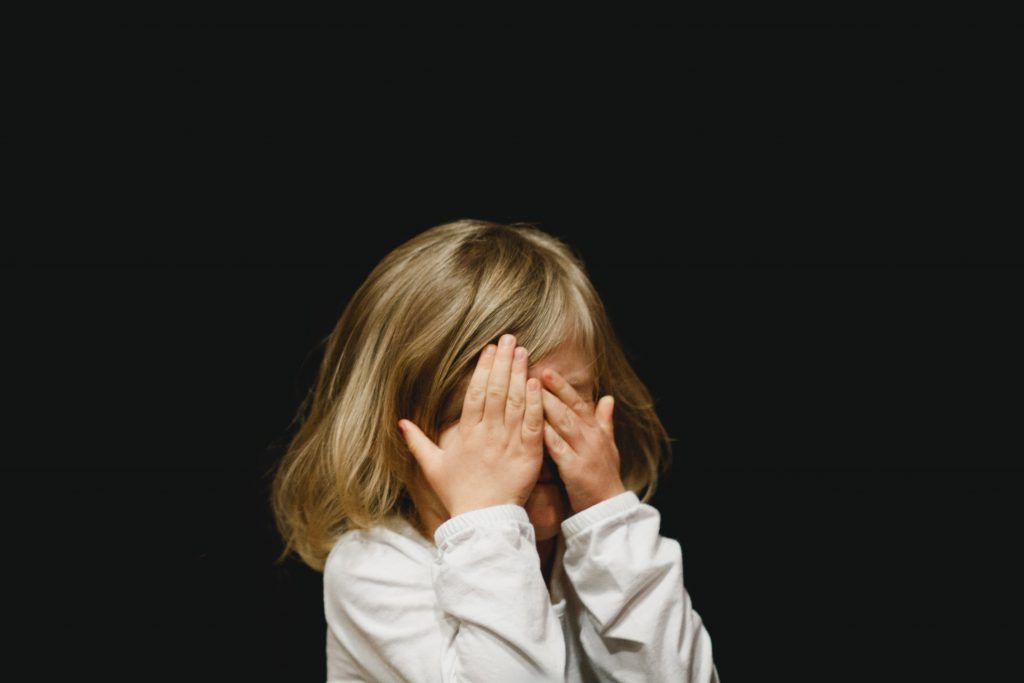Looking around me, I can see that we’re at the beginning of a fatigue crisis, as the long-term effects of Covid-19 become ever clearer. While ‘Long Covid’ and Chronic Fatigue aren’t exactly the same, there is enough of a crossover that Covid survivors can often find solidarity and support from within the Chronic Fatigue Syndrome/Myalgic Encephalomyelitis (CFS/ME) community.
A few years ago, factors aligned, and I found myself plagued with chronic fatigue. It was a scary time – my body felt like it was turning against itself. I had no energy, my muscles deteriorated through lack of use and my brain didn’t work how it used to. Everything I liked about myself evaporated.
Eventually, with the help of a new specialist who identified the cause, I began to get better. While the genetic condition at the root of my fatigue cannot be cured, my symptoms are currently under control.
Here’re 5 things I learnt the hard way when I was ill:

1. It’s okay to be scared
We don’t talk enough about the fear and, yes, trauma of getting ill. Perhaps you’ve been in hospital, in isolation. Your body has changed, you can’t trust it anymore. Maybe it looks different, maybe it doesn’t let you do the things you used to do. Unsurprisingly, lots of people who’ve had Covid go on to develop anxiety or Post-Traumatic Stress Disorder (PTSD).
If you’re experiencing PTSD symptoms such as flashbacks, problems sleeping, or debilitating anxiety, these are signs that your body is having difficulty processing your experiences. This is a completely normal reaction to a distressing situation. There are therapies especially designed to help you come to terms with what you’ve experienced. Start by speaking to your GP as they can refer you onto longer term mental health support.

2. Pace yourself
Recovering from fatigue is a marathon, not a sprint. You’ll probably spend the first few weeks accidentally exhausting yourself as you learn how much (or how little) your body can manage. Work with your household, your employer and your support network to decrease the number of tasks you need to do. It’s vital to balance your activity with rest.
And, most importantly if you’re having a good day, don’t push yourself to do more than usual. Of course, this is a very natural reaction – we want to capitalise on the moments we feel like our old selves and cram as much in before we are unable to. But there will inevitably be a cost to pushing yourself and it will make it harder to recover.
This guide from Sheffield Teaching Hospitals is an excellent primer on pacing.

3. Try not to stay in bed
Look, I get it. I’ve been there. I practically lived in my bed for two years. But it really didn’t help, in fact it probably made it much harder to get better. Studies show that muscle strength declines at a rate of around 12% every week we spend immobilised in bed. Staying in bed during the day also makes it much harder to fall asleep at night.
Obviously, some bed rest is necessary to recover from illness, and you should always follow your doctor’s advice. When you’re back at home, try and go for a short walk every day or talk to your doctor or physiotherapist about exercises you can do from home. When you do need a rest, set yourself up a comfy space outside of your bedroom, so your brain keeps associating your bed with sleep.

4. Breathing exercises
One big difference between chronic fatigue and Long Covid is that the latter is associated with ongoing respiratory problems, such as shortness of breath. If you’re experiencing this, it’s important to avoid rushing or holding your breath, and to do regular breathing exercises. This is because the diaphragm – the muscle beneath your lungs that helps you to breathe – is weakened by a respiratory illness like Covid-19. By doing regular breathing exercises, you can help the diaphragm return to normal functioning.

5. Speak to other Covid survivors
When I was ill, most of the new friends I made were other chronically ill people. They could relate to my experiences and understand why I had to cancel last minute for the third time that month. While it is upsetting that so many people in such a short space of time are having to learn how to cope with long term health conditions, it does mean that there is a huge and diverse community of Covid-19 survivors out there who can relate to what you’re going through. Both Long Covid Support and Self Help UK have Facebook groups for those affected by Long Covid to access peer support.



